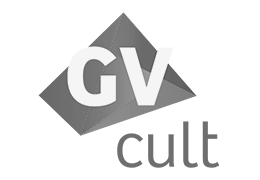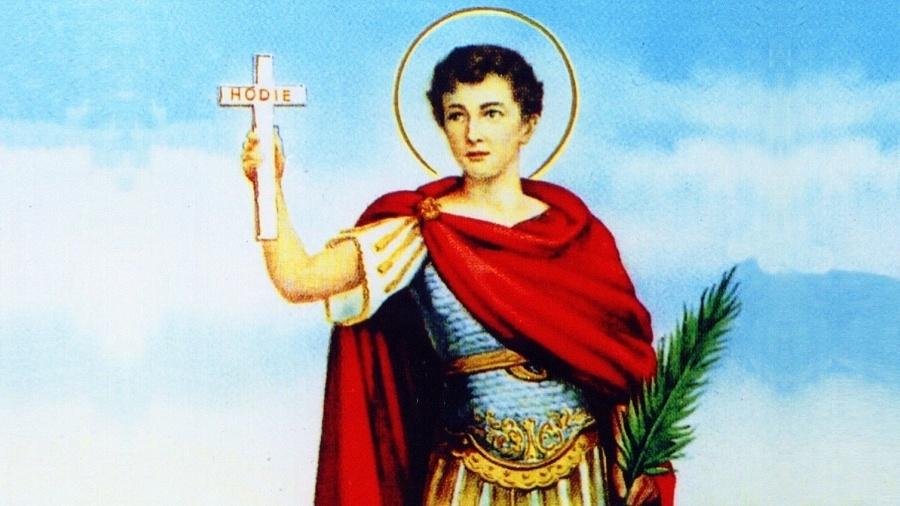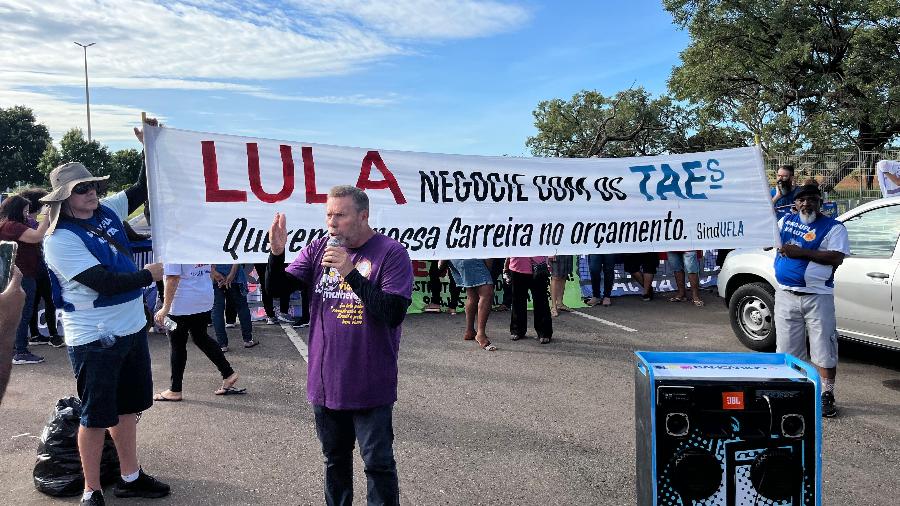George Orwell, fiction and the irrationalism of the political power
Por Bernardo Buarque de Hollanda
"The man is a political animal"
Aristóteles
"All animals are equal, but some animals
are more equal than the others".
Animal farm's motto
George Orwell (1903-1950) is famous for two books: 1984 and Animal farm. In the first one, the English writer, borned in India, tells a story of a dim future, in which the human beings are commanded by the technology. In the second one, the author focuses his narrative in the twenty century, whose marks are the wars and revolutions – especially the Russian soviet one, in 1917, driven by Ivan Ilitch Lenin (1870-1924). Our purpose in the brief text is to introduce "Animal farm" (1945) – A revolução dos bichos, according to the version of the Portuguese translation – main contents and to point out some aspects of its fairy novel.
Written with an ironical style, in the context of the end of the World War II (1939-1945) the fable describes a life of a strange farm in an inner city. The owner, Mr. Jones, is always drunk and uses to mistreat all the animals, since the hens, pigs, donkeys and dogs, until the sheep, cows and horses. Guided by the experience of Major, an old clever pig, who is aware of the animal work's exploitation, the beasts organize a rebellion and ban the human beings power.
Although old Major dies, the Rebellion increases and the animals found a republic, where all of beasts are equal, free and independent. Sponsored by Snowball and Napoleon, two pigs that are considered more intelligent than the other beasts, they create their own symbols, ideologies, flags and hymns. So, the Animal Farm develops successfully and everyone seems to be happy.
In spite of the enthusiasm, Napoleon and Snowball – clearly associated to Josef Stalin (1878-1953) and Leon Trotsky (1879-1940) personalities – start having disagreements. After many arguments, and as they cannot get a consensus, the two powerful pigs fight. Supported by strong dogs, Napoleon wins a struggle and becomes the main leader of the farm.
Meanwhile, two battles against human beings happen and all the beasts live as if they were in the army service. They use to construct complex buildings, like a windmill, and work hard in slave conditions. Unexpectedly, the utopia of equality finishes, Napoleon dictates his hierarchy and the ancient order is gradually reinstalled.
Astonished, some animals disobey but, as a consequence, have to pay severe penalties. In in the past, human beings were animal enemies, in contemporary days the pigs accept them and Napoleon invites the chiefs from the neigbourhood to visit his lands. In the end, they become close friends and, as in George Orwell magistral last words: "creatures outside looked from pig to man, and from man to pig, and from pig to man again; but already it was impossible to say which was which."
*
Based on this brief summary, I believe it is possible to raise some questions about George Orwell's novel.
It is important to underline that the author had a pessimistic view of the world. Involved in the 2nd World War, Spanish Civil War (1936-1939) and England Empire in India, Orwell was very worried with the dictatorial and totalitarist atmosphere of those ages. Above all, as an English socialist, he was against the course and development adopted by the Soviet Union.
As far as he was concerned, communism consists in a dream – or utopia – of freedom idealized by Karl Marx (1818-1883) in the nineteenth century. Otherwise, Orwell identifies a tiranic system spread all over the world, especially in the European East, that used to exploit human beings work in the same sense of the capitalist economies from the West.
More than an impression of the socialists and capitalists' idiosyncrasies, the writer also exposes a negative feeling of the mankind nature. There are innate characteristics in human and social relationships that seldom change. Although many people try, the structure reassures the vicious and perverse cycle: a minority of groups that manages, and a big majority that obeys.
The fable, with its magic an ciphered messages, was the way Orwell found to express his unconformity with the political system reality. The parable of an omnipotent society against an important man is the strongest idea of Animal farm.
As in the book The metamorphosis, written by Franz Kafka (1883-1924), as well as in the film The great dictator, directed by Charles Chaplin (1889-1977), Orwell in his classical does what all of extraordinary artists usually do: create a space and a time in which human being emotions are relevants.
Post Scriptum. Last week I watched, for the second time, the brilliant film The seventh seal, made by a renowned director, the Swedish Ingmar Bergman (1918-2007). It is a masterpiece from seventh art, an old film, produced in 1956, with a special black and white photography. The story takes place in medieval Europe, during the fourteenth century, when the continent is attacked by the horrible pest. A horseman crosses his country with a peregrine group of theatre and music. Along the journey, he sees many religious processions and parades, with exhortations and a lot of people dying. Suddenly, the Death, materialized in a human body, appears to the horseman and proposes a duel: they will play a chess game and, if the horseman wins, he survives. This one accepts the challenge, but he fails and Death leaves the Earth with his new friend. Undoubtedly, it's an original film and a wonderful representation of the seventh-art, which I recommend to everyone.
Edição Final: Guilherme Mazzeo






ID: {{comments.info.id}}
URL: {{comments.info.url}}
Ocorreu um erro ao carregar os comentários.
Por favor, tente novamente mais tarde.
{{comments.total}} Comentário
{{comments.total}} Comentários
Seja o primeiro a comentar
Essa discussão está encerrada
Não é possivel enviar novos comentários.
Essa área é exclusiva para você, assinante, ler e comentar.
Só assinantes do UOL podem comentar
Ainda não é assinante? Assine já.
Se você já é assinante do UOL, faça seu login.
O autor da mensagem, e não o UOL, é o responsável pelo comentário. Reserve um tempo para ler as Regras de Uso para comentários.